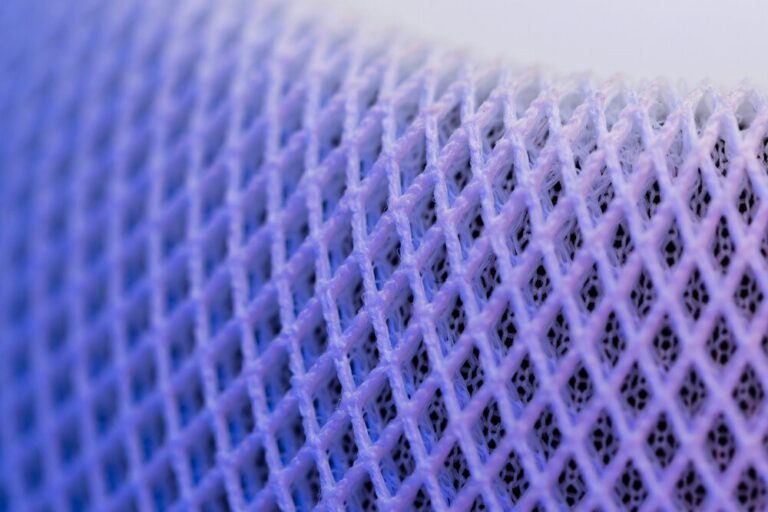Sensors have played a crucial role in medicine and life sciences as a medium to monitor vital organs and diagnose patients. However, the current conventional sensors developed by various sensing methods, such as lateral flow immunoassay (Viro Research, 2019), fluorescent microarray (Jaksik, Iwanaszko, Rzeszowska-Wolny, & Kimmel, 2015), electrochemical methods (Song, Xu, Kuroki, Liao, & Tsunoda, 2018), and polymerase chain reaction (PCR), have shown massive drawbacks of being complex and insensitive in monitoring the reactions on a real-time basis.






